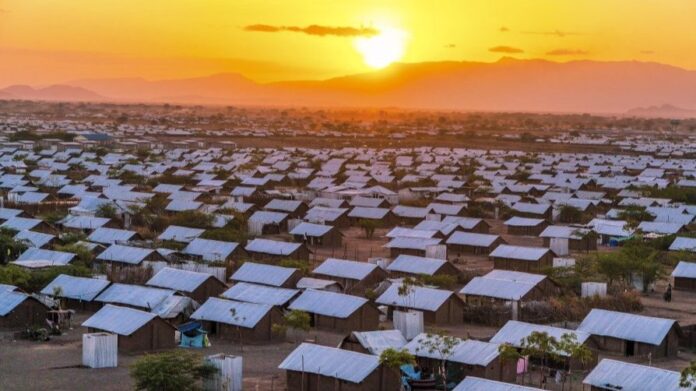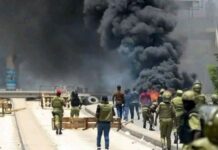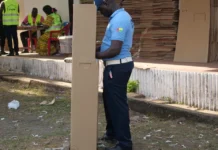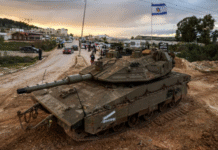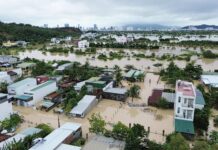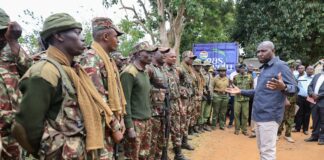Written by Lisa Murimi
In the dry, wind-blown plains of northern Kenya, despair is growing.
Refugees in Kakuma, one of Africa’s largest camps, are now grappling with deepening uncertainty after the U.S. government quietly pulled the rug from under their feet.
President Donald Trump has shifted America’s foreign disaster response from USAID — long seen as a beacon of hope for struggling communities — to the Bureau of Population, Refugees, and Migration (PRM).
The change may seem like bureaucratic reshuffling from Washington, but for families in Kakuma, it’s a matter of life and death.
USAID’s swift action during emergencies once brought food, medicine, and dignity. Now, that safety net is fraying.
PRM, focused on immigration control rather than emergency relief, will decide whether disasters are “worthy” of assistance — releasing just $100,000 for initial aid, a drop in the ocean for thousands facing hunger and illness.
“With approval from PRM based on established criteria for international disaster assistance, up to $100,000 can be issued to support the initial response. Additional resources may be forthcoming based on established humanitarian needs in consultation with other State Department offices,” the excerpts read in part as quoted by Reuters.
Only 20 of over 500 USAID experts will join PRM.
“They don’t understand disaster response,” insiders warn.
In Kakuma, mothers wait hours at empty food distribution points. Children cough in overcrowded clinics.
Aid workers whisper fears of disease outbreaks. Protests have begun—pleas not just for food, but for the world to remember them.
As Washington redraws its priorities, the most vulnerable are being left behind. For Kakuma, the question now is not just how to survive—but whether anyone is still listening.









